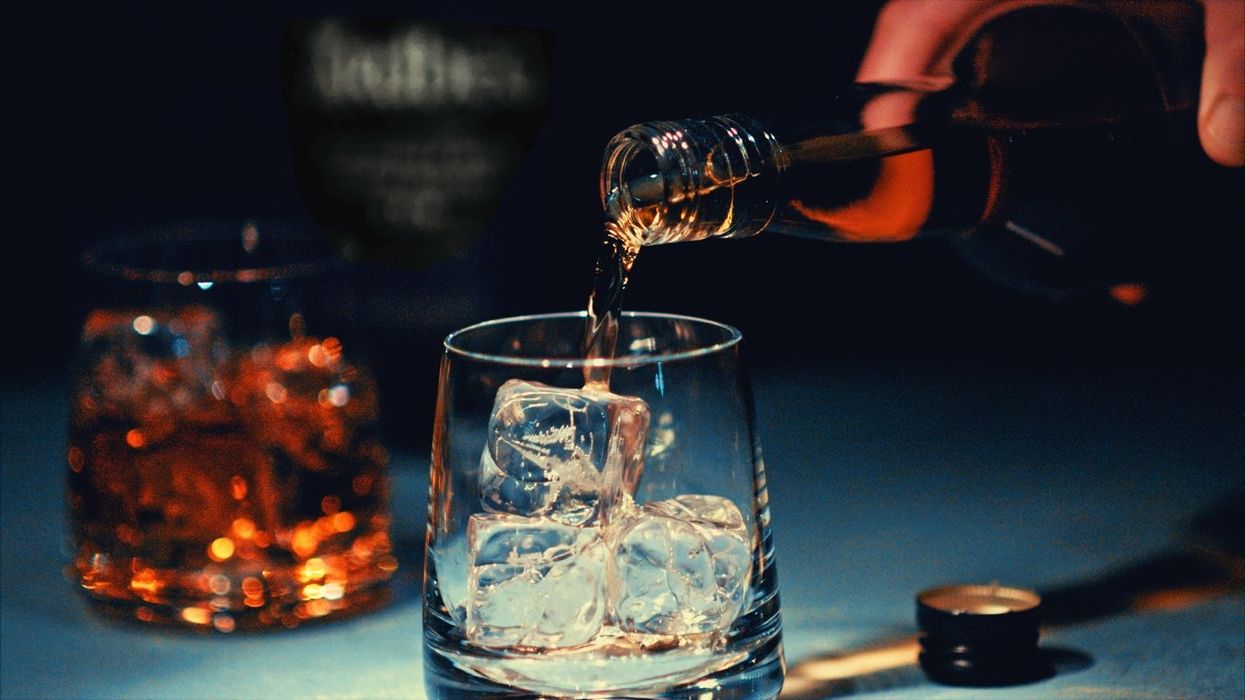Those suffering from bipolar disorder should either keep away from alcohol or control its intake.
Drinking alcohol could worsen one's symptoms of bipolar disorder by destabilising mood and affecting efficiency at work, a new research has found.
The researchers, including those from the University of Michigan, wanted to understand the long-term effects of consuming alcohol on the mood and functioning of adults having bipolar disorder.
The mental condition is marked by unusual shifts in emotions, energy and activity levels, and can sometimes be accompanied by hallucinations and delusions.
The findings were published in The Journal of the American Medical Association (JAMA) Network Open.
For the study, the researchers included 584 adults diagnosed with the mood disorder, who had been part of the larger ongoing US-based Prechter Longitudinal Study of Bipolar Disorder (PLS-BD) for at least five years. Data for analysis was collected over a follow-up period of 5-16 years.
The participants' alcohol habits were assessed using the Alcohol Use Disorders Identification Test, a WHO-approved questionnaire to screen patients for problematic and harmful alcohol consumption.
Other well-known, standardised questionnaires were used for gauging the patients' depression, mania or hypomania, anxiety, and functioning.
The researchers found that consuming alcohol more than one's typical levels led to worse depressive and manic or hypomanic moods, and affected performance at work.
"A person reporting alcohol use above their own mean amount tended to experience more depressive symptoms at the next time point, but increased depressive symptoms were not associated with greater subsequent alcohol use," the authors wrote.
High alcohol consumption impacted patients not taking antipsychotic and antidepressant medications to a greater extent, compared to those taking these medications.
The authors called for the monitoring of alcohol habits of patients with bipolar disorder during treatment. (PTI)




